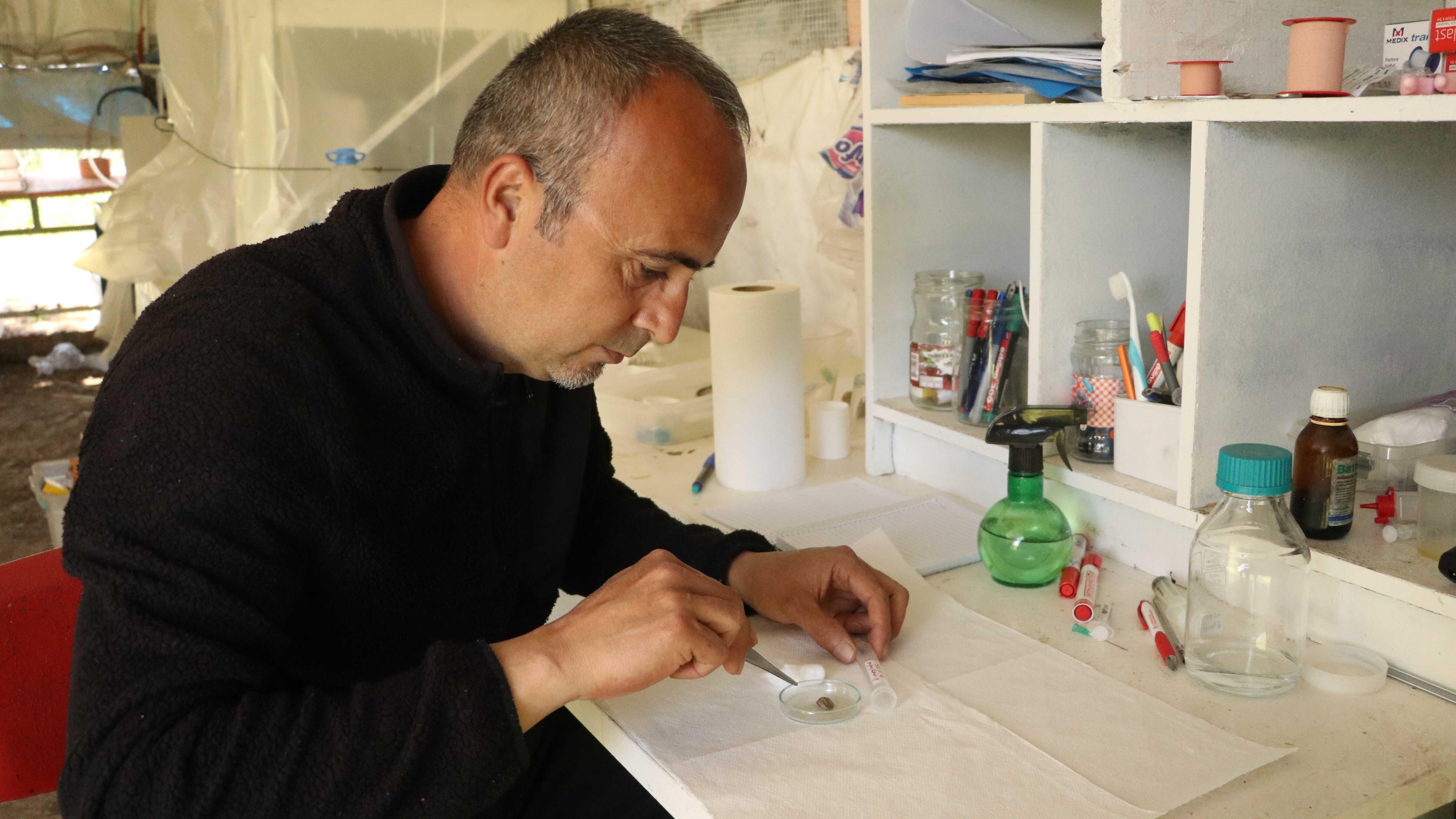
Türkiye, Greece, Burkina Faso and South Africa will launch a three-year research project in May to investigate the effects of climate change on intercontinental tick distribution and the spread of tick-borne diseases.
Supported by the Human Frontier Science Program Organization (HFSPO), the $1.5 million initiative will explore how changing environmental conditions are influencing the migration of animals and the spread of disease-carrying ticks across Africa, Europe and West Asia.
The project will also model future scenarios based on current patterns.
In Türkiye, researchers will focus on how climate change affects the distribution of tick species and their genotypes, and whether new species or diseases have recently entered the country. This part of the project is allocated a budget of $375,000.
Professor Dr. Sırrı Kar from Tekirdağ Namık Kemal University’s Biology Department said the study will involve collaboration with academics from Istanbul’s Marmara University, eastern Erzurum city’s Atatürk University and the Black Sea province of Samsun’s Ondokuz Mayıs University.
“We aim to find out whether there is a recent influx tied to current animal movements, and whether climate change is driving a shift in tick distribution,” he explained.
Kar noted that climate change is increasingly disrupting natural balance and triggering the emergence of new diseases.
“Bird and animal trade has always existed, and ticks and ticke-born diseases have moved along those routes. But previously, they could not settle due to climatic incompatibility. Now, climate change is creating favorable conditions for them,” he said.
He added that Türkiye has been witnessing seasonal changes such as milder winters, summer-like temperatures in spring, prolonged droughts and intense heat in summer, all of which may create opportunities for ticks and other vectors from warmer regions to settle and reproduce.
The project in Türkiye will assess the current situation and help develop forward-looking scenarios and control strategies, the expert pointed out.